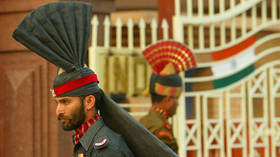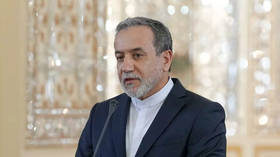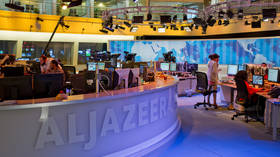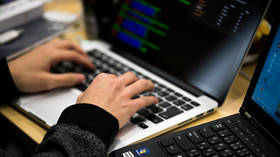Moving beyond ‘conflict of civilizations’ to multipolar equilibrium
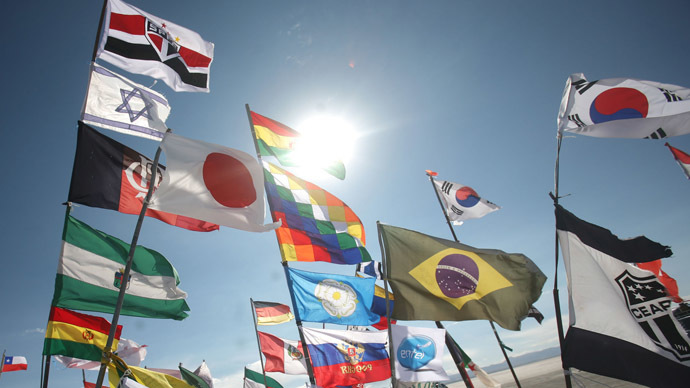
It appears that the issues of ethnic and cultural identity play a growing role in international affairs, contrary to what was previously thought.
Not long ago there was a widespread belief that cultural and
other differences between nations should be erased to avoid
international conflicts.
Many in the West thought that globalization underpins the
unification of the world on the basis of universal standards and
values. Yet it is clear that wishing away cultural and other
differences is a utopia. The price of that misleading notion is
very high. The transformation of the Arab countries (the
so-called “Arab Spring”) bears witness to this fact.
The American scholar Samuel Huntington foresaw it in his own way,
when he wrote about the upcoming “conflict of
civilizations.” He understood that “the global empire of
the West” couldn’t last forever; new independent actors that
represent other cultures and civilizations were stepping onto the
international scene, including Russia, China, India and the
Islamic world. We are dealing with a new reality. The roots of
the conflicts lie in attempts to dictate what institutions should
exist and what values shall be upheld by society. This is wrong
and counterproductive. We must accept that every nation has its
own traditions, core values, politics and public opinion.
Imposition of one society’s values on the other can only be
mechanical, causing conflicts and undermining trust and
misunderstanding between nations.
The only way to avoid the conflict of civilizations is through dialogue. One has to accept the right of every nation and society to have its own values and way of life. This has to be a dialogue of equals based on the existing international order, with a central role for the United Nations and international law. It should include discussions on how to reform the world trade and financial architecture to reflect this reality. Only in this way can we ensure the stability of the global system.
This has to be a dialogue between cultures on ways to find common ground, given a common denominator existing at the level of traditional values, rooted in world religions. But for this dialogue to be successful, all attempts to pass off specific values of one’s culture as universal values, and make their promotion as a part of foreign policy, should be stopped. The world’s cultural diversity envisages different values and models of development.
What is frequently called “the rise” of China, India and
Russia etc. doesn’t mean the end of the world for other leading
nations. It means only the emergence of real global competition,
which in the 20th century was suppressed by a highly ideological
bipolar confrontation. That’s why I think that today the world is
becoming more stable and natural. We must accept this reality and
start harmonizing interests in this new, multipolar international
equilibrium.
The statements, views and opinions expressed in this column are solely those of the author and do not necessarily represent those of RT.
The statements, views and opinions expressed in this column are solely those of the author and do not necessarily represent those of RT.




